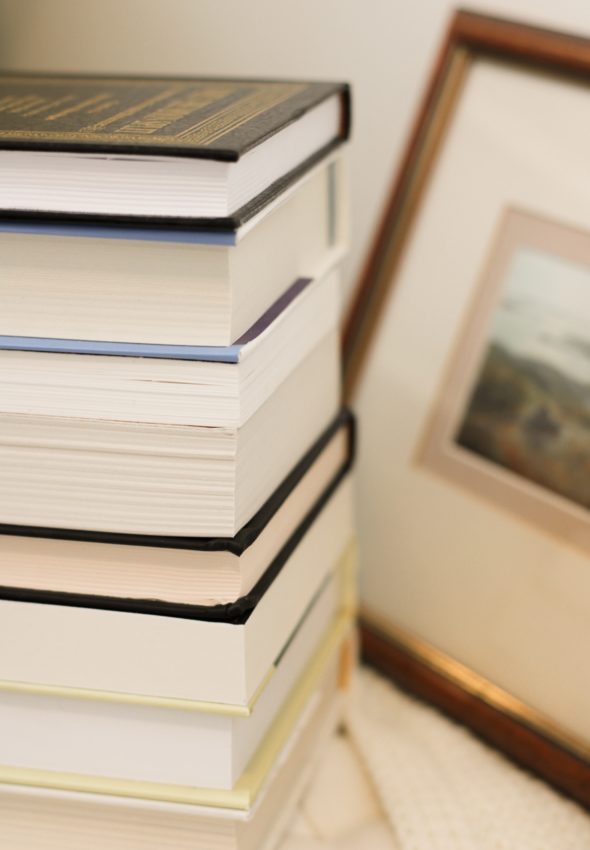
Reading about Black oppression can help you reflect on past injustices and understand your role in finding ways to battle racism. From a short story to a popular young adult novel, here are four books that I hope to read for Black History Month — I hope you read them too.
How to be Anti-Racist by Ibram X. Kendi
It is now more important than ever to be anti-racist because simply being “not racist” is not enough. While being anti-racist involves an active stance against racism through action and ideas, being “not racist” typically involves passive inaction or silence on the issues of race.
Reading this complete guide on how to be anti-racist by Ibram X. Kendi — a professor of humanities at Boston University, and the founding director of the BU Center for Antiracist Research — will help you understand ways of employing anti-racism thinking within your daily life.
Umbrella by Chanel M. Sutherland
As the CBC Nonfiction Prize winner of 2021, Chanel M. Sutherland’s short story recounts the acts of racism she has faced in her childhood — from microaggressions to more overt acts.
Arriving from an island in the Caribbean to Montreal, life was at first difficult for Sutherland. She was ridiculed for her accent and asked whether she liked being Black or not. Her friend alienated her by making unsolicited comments on her hair — a microaggression experienced by many Black people that fails to normalize diverse hair textures.
Overall, this story examines the individual impacts of the language we use and the importance of being culturally sensitive so that we can respect others’ differences in a diverse country like Canada.
Freedom is a Constant Struggle by Angela Y. Davis
Systems and governments shape the way individuals act, behave, as well as the freedoms we are endowed with. Angela Y. Davis’ book dives deeply into the ways that these systems can impact Black populations.
Davis discusses policies like Apartheid in South Africa, a set of laws that did not allow people of colour to own land, establish businesses and live in certain areas. She endorses the prison abolition movement and reforms centred around eliminating underlying causes of incarceration. Davis also touches on other Black issues, such as the protests in deaths by the police.
Through a collection of interviews, speeches and essays, Davis makes connections between oppressive governmental policies such as the militarised rule in Palestine and systemic racism, explaining how both are tied to liberation.
Echoing the title of her book, Davis emphasizes that freedom is a constant struggle.
The Hate U Give by Angie Thomas
Police brutality is an ongoing issue for Black and Indigenous communities in Canada — Black people are 20 times more likely to be killed by the police and Indigenous people make up a third of those shot by the police.
This book touches on the issue of police brutality — an issue that has come to light in Canada through the Black Lives Matter movement.
The Hate U Give provides an intimate perspective on police brutality through the lens of Starr Carter, a Black teenage girl who witnessed her friend, Khalil, become a victim of police brutality. She deals with the trauma while being the sole witness to his death — forcing her to deal with the truth behind his death.
As the book progresses, the racial tensions that arose from Khalil’s death manifest in Starr’s relationships. Her friendships become strained due to racial barriers and she feels disconnected from her interracial relationship.
This book features strong social commentary and political criticism through a teenage girl’s eyes — it creates a level of empathy, compassion and urgency for activism against police brutality and racism in the ever-changing world.
—
I believe that reading books is one of the best outlets for reflection on the injustices that Black communities face around the world. I hope to educate myself further on these global issues to use my voice in the future — and I think everyone should too.
As Thomas says in The Hate U Give, “What’s the point in having a voice if you’re going to be silent in those moments you shouldn’t be?”
—
Annie Liu | Staff Writer
Photo: Aleshba Naseer | Photo Editor
Leave a Reply